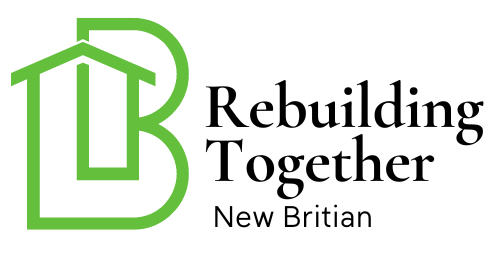As a homeowner, ensuring the safety of your home is not just about peace of mind; its also about saving money on insurance. Adding the right home safety features can significantly impact your insurance premiums. This article explores how you can protect your home while enhancing your insurance coverage.

Why Home Safety Features Matter
Investing in home safety features is crucial for protecting your home and loved ones. Moreover, insurance companies often offer discounts for homes equipped with specific safety measures. By understanding the importance of these features, you can secure better rates and comprehensive coverage.
Essential Home Safety Features
1. Fire Alarms and Smoke Detectors
Fire alarms and smoke detectors are essential for alerting you to potential fires. Most insurance companies offer discounts for homes equipped with these devices. Ensure they are installed on each level of your home and test them regularly.
2. Security Systems
Advanced security systems, including cameras and motion detectors, can deter burglars and reduce the likelihood of theft. Insurance providers often offer lower premiums for homes with monitored security systems.
3. Smart Locks
Smart locks provide enhanced security by allowing you to control access to your home remotely. These locks can also alert you to any unauthorized entry attempts.
4. Carbon Monoxide Detectors
Carbon monoxide is a silent killer. Installing detectors can save lives and potentially reduce insurance costs by demonstrating your commitment to safety.
5. Window and Door Locks
Strong locks on windows and doors are a basic yet effective deterrent against intruders. Consider installing safety latches for windows for added security. More information can be found on window latches.
Advanced Home Safety Features
6. Home Automation Systems
Home automation systems allow you to control various aspects of your home remotely, enhancing both security and energy efficiency. These systems can include automated lighting, thermostats, and more, contributing to a safer home environment.
7. Water Leak Detectors
Water damage can be costly. Installing water leak detectors can help prevent major damage and demonstrate to insurance companies your proactive approach to home maintenance.
8. Fire Escape Ladders
Having a fire escape ladder on upper floors can be a lifesaver in case of fire. Its an essential feature that can also impact your insurance rates positively. For more tips on planning fire escapes, visit fire escape planning.
9. Emergency Lighting
During a power outage, emergency lighting can guide you safely through your home. This feature is especially important in areas prone to severe weather. Learn more about emergency lighting.
Child Safety Features
10. Stove Knob Covers
Childproofing your home is vital if you have young children. Installing stove knob covers can prevent accidental burns or fires. Discover more about this feature at stove knob covers.
11. Window Guards
Window guards are critical for preventing falls, especially in homes with young children. They add an extra layer of security, providing peace of mind and potential insurance benefits.
Outdoor Safety Features
12. Outdoor Lighting
Proper outdoor lighting can deter intruders and ensure safe navigation around your property at night. Motion-sensor lights are an excellent choice for both security and energy efficiency.
13. Fencing and Gates
Installing secure fencing and gates can protect your property and family. They also offer privacy, which is a valuable aspect when considering home safety.
How Home Safety Features Affect Insurance
Insurance companies assess the risk associated with your home when determining premiums. Homes with comprehensive safety features are considered lower risk, often resulting in reduced rates. By investing in these features, you not only protect your home but also potentially lower your insurance costs.
Conclusion
Incorporating home safety features is a smart investment for both security and financial savings. By understanding and implementing these measures, you can enhance your homes safety and potentially benefit from lower insurance premiums. For additional insights on home safety and modifications, visit the Alzheimer’s Association.

Frequently Asked Questions
1. What home safety features can reduce insurance costs?
Features like fire alarms, security systems, and water leak detectors can reduce insurance costs by demonstrating proactive risk management.
2. How do I choose the right safety features for my home?
Consider your homes specific needs, such as location and family composition, and consult with your insurance provider for recommendations.
3. Can adding safety features affect my insurance premiums immediately?
Many insurers adjust premiums upon proof of installation, but its best to consult your provider for specific policy details.
This article contains affiliate links. We may earn a commission at no extra cost to you.

